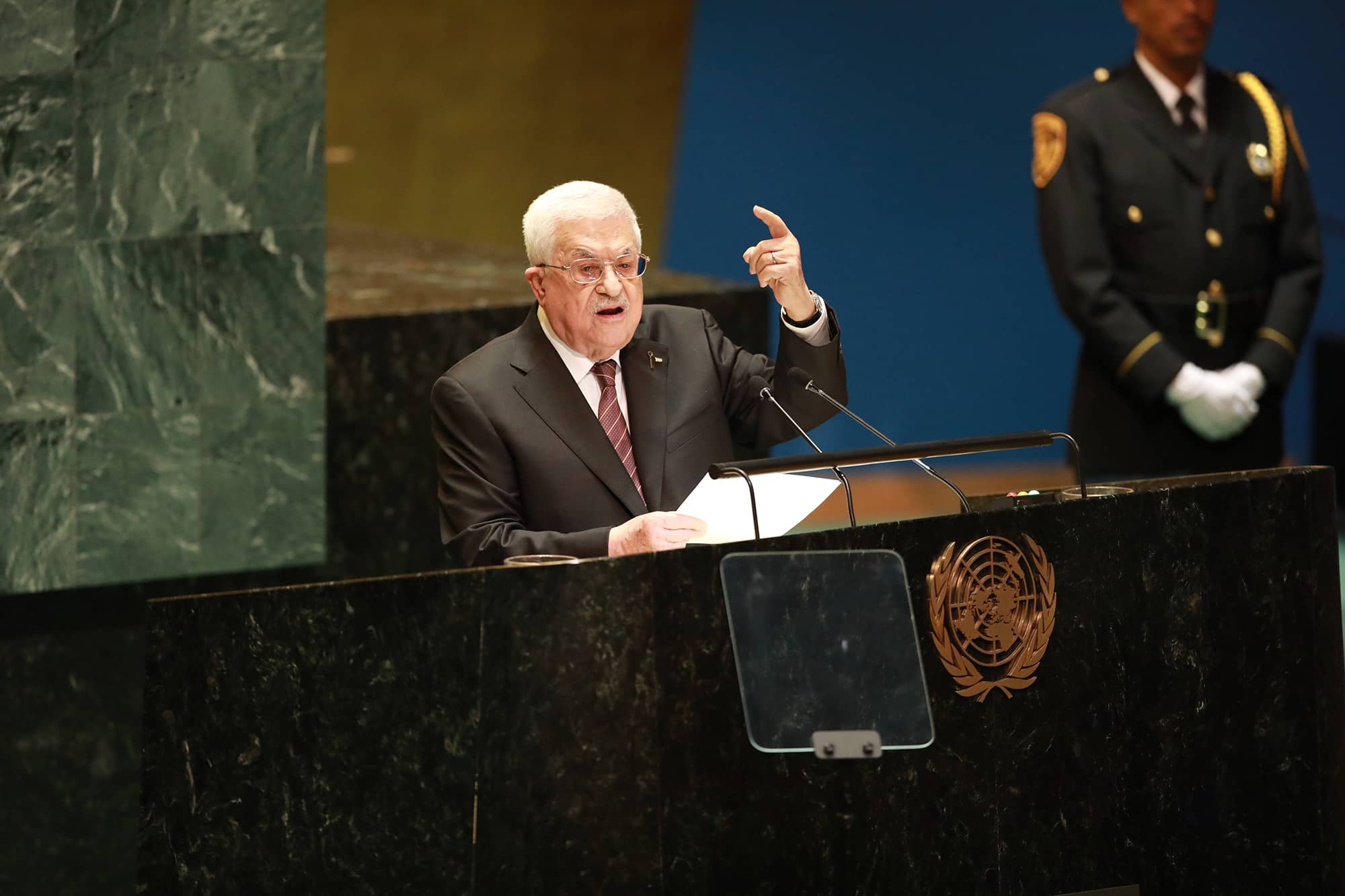
Emmanuel Navon
The US pullout from Syria confirms that civil wars tend to reflect the state of the international system. The Thirty Years War set Catholics against Protestants; monarchs intervened according to their religious allegiance. The Spanish Civil War set republicans and communists against monarchists and nationalists; France sided with the republicans, Stalin with the communists, Hitler and Mussolini with the nationalists. The Yugoslav Wars set ethnic and religious groups against one another; Russia supported the Slavic and Orthodox Serbs, the Arab world sided with the Muslim Bosnians, and Catholic Croatia had the sympathy of the Vatican. The first war was religious, the second ideological, the third civilizational.
The Syrian civil war was the outcome of a widespread political phenomenon throughout the Arab world: the implosion of artificial states established after World War One and kept together by the iron fist of dictators during the Cold War. By toppling Saddam Hussein in 2003, the United States removed the ruthless political power that had imposed Sunni rule on Shias and Kurds. Out of the Iraqi political chaos emerged the Islamic State (IS), which spread throughout Iraq and Syria. At the same time, Arab dictators were also threatened by popular revolts (the “Arab Spring”).
Syria’s Bashar Assad faced both a popular revolt and an Islamic insurgency. He played one against the other by freeing Islamists from jail, which enabled him to raise the specter of radical Islam to scare Syrians into submission and to justify his repression to foreign powers. By cynically releasing Islamists, Assad opened a Pandora box that went out of control. Foreign powers soon stepped in. Iran sent money and Shia militias to help Assad. Saudi Arabia, Turkey and Qatar gave money to Sunni rebels. The United States timidly sent weapons to moderate rebels, but not forcefully enough to counter the influence of Islamists. Precisely because American help was so small and so hesitant, moderate rebels felt they had no choice but to team up with Islamists to fight Assad. They paid dearly for their mistake. Eventually, Russia stepped in with airstrikes when it feared that Assad might lose.
The weaker the moderate rebels got (due in part to Obama’s dithering), the less America felt it had a dog in that fight. After Obama backed down, in the summer of 2013, from the “red line” he had drawn in the sand (the use of chemical weapons by Assad), Putin understood he had a free hand to save his embattled ally. Syria’s airspace has since become an international battlefield in which Russia bombards anti-Assad rebels, America bombards (together with Britain and France) IS targets, and Israel bombards Iranian bases. By abruptly pulling out, America is not only abandoning Syria to Russia and to Iran. It is also betraying the Kurds and letting Israel face the Syrian quandary by itself.
Donald Trump’s claim that IS has been defeated in Syria is half-true. IS still has a stronghold in Syria (probably 2,000 troops). There is no shortage of anti-Assad and anti-Iran Syrians that might join IS for lack of a better choice. Recruiting them will certainly be made easier after the departure of all US troops, though the IS stronghold will not stop the joint Iranian and Russian takeover of Syria now made possible by the US withdrawal. Shortly after Trump’s announcement, Turkish President Erdogan sent reinforcements to Turkey’s southern province of Kilis. The Kurds have been abandoned by America, and Turkey is wasting no time in repressing their national aspirations.
Donald Trump has committed both a strategic and a moral mistake by abandoning America’s allies to Assad, to Russia, to Iran, to Turkey, and to what is left of the Islamic State. Obama abandoned an ally for shooting demonstrators (Hosni Mubarak), but Trump abandoned allies (the Kurds) whose only “crime” is to cost money to the US army. This decision will affect not only America’s credibility and honor, but also its interests. As Defense Secretary Jim Mattis wrote in his resignation letter: “our strength as a nation is inextricably linked to the strength of our unique and comprehensive system of alliances and partnerships. While the US remains the indispensable nation in the free world, we cannot protect our interests or serve that role effectively without maintaining strong alliances and showing respect to those allies.”
Times of Israel, 23.12.2018














The Kidnapping Threat: Preventing Israel’s Moral Commitment to Hostages from Becoming a Strategic Vulnerability